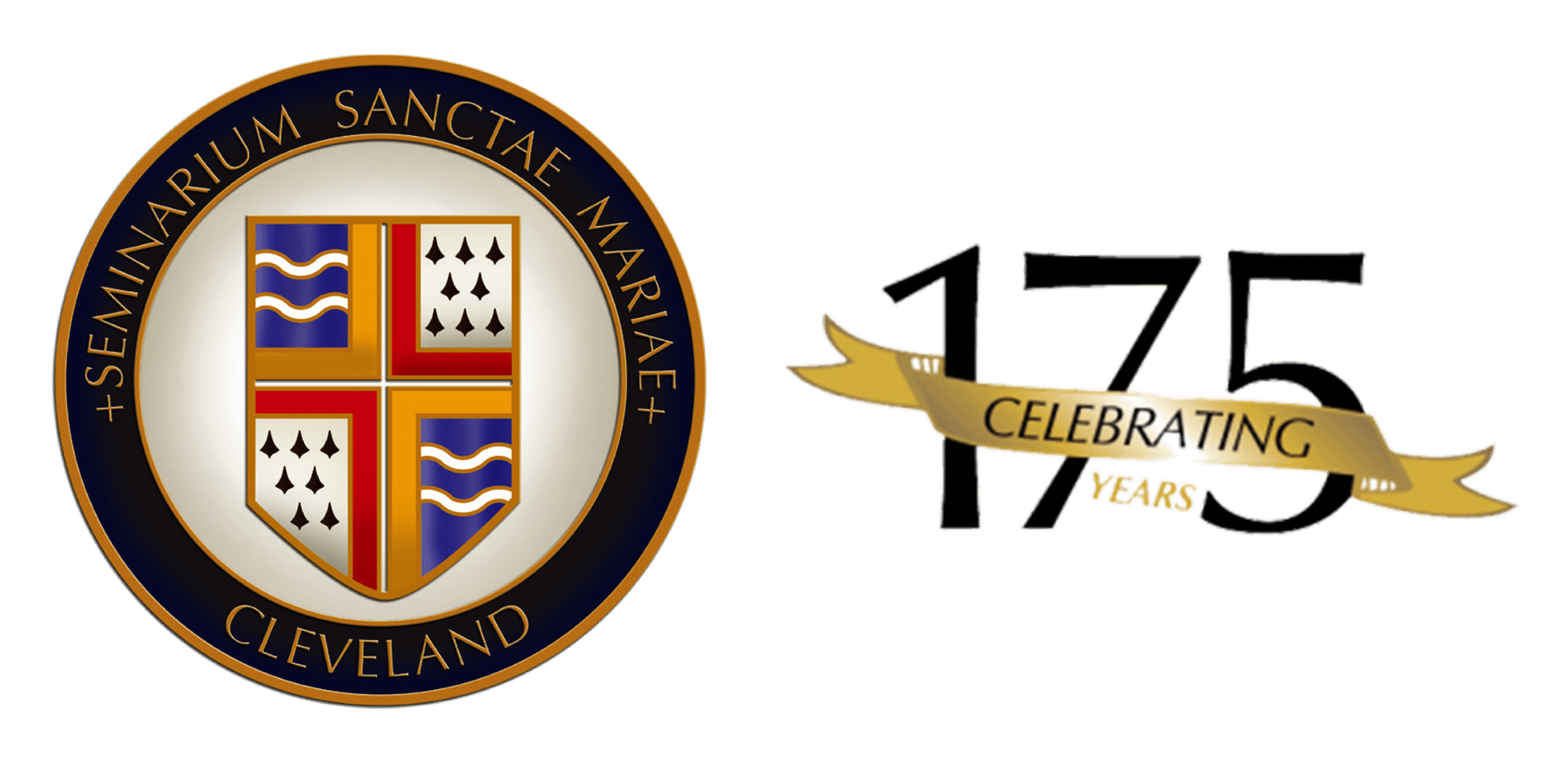Master of Arts (Theology) Program
The Master of Arts (M.A.) degree program is designed for ordained clergy, seminarians, and lay ecclesial ministers to study the basic elements of the Catholic tradition. The primary aim of the program is to foster a personal integration of faith that supports a solid theological foundation in the Roman Catholic tradition.
Students are provided the opportunity to study theology with the depth and breadth of the faith tradition. In addition to core courses, students choose four elective courses in one of the following areas — Biblical, Historical, Liturgical/Sacramental, Systematic, or Pastoral. While there is a specific ministerial thrust to this program, a desire to become a pastoral minister is not required.
The Master of Arts degree is distinct from the Master of Divinity degree which is required of students who are preparing for the ordained ministry and which is oriented to the practice of that ministry.
To achieve these general goals of the Master of Arts degree the following functional objectives are offered:
- To provide the participant with an understanding of the basic methodologies of the various theological disciplines.
- To provide a theological foundation which will enable the participant to grasp the basic elements of the Roman Catholic tradition particularly as they impact upon ministry in the Church today.
- To put the participant in contact with the important literature in the theological disciplines and to assist in a critical evaluation of this literature.
- To provide the participant with an opportunity for a specialized focus in one of the following areas: Biblical, Historical, Sacramental-Liturgical, Systematic or Pastoral Theology.
To enable the participant to identify, to integrate and to be articulate about his/her own faith experience and to be able to engage in ongoing qualitative theological reflection about that experience in light of the theological tradition and ministry in the Catholic community.
Prerequisites for Admission to the Program
Upon request, prospective students will be provided with a personal application form which should be completed and forwarded to the Academic Dean. As indicated on the application, the applicant must request that an official transcript of credit earned at ALL colleges and graduate schools previously attended be sent directly to the seminary, as well as the results from the Graduate Record Aptitude Examination.
Application deadlines are August 1 (prior to Fall admissions); December 1 (prior to Spring admissions). After the application and other records have been received, letters of recommendation may be requested from former professors and others familiar with the applicant’s ability and probable performance as graduate students.
The following are prerequisites for entry into the Master of Arts program:
- A Bachelor of Arts degree or its equivalent from an institution accredited by a regional accrediting association.
- Suitable test scores from the Graduate Record Aptitude Examination (unless waived with evidence of prior successful graduate study)
- An undergraduate background supported by undergraduate achievement, which would indicate the ability to engage successfully in graduate theological studies. It is most desirable that this background include courses in philosophy and some introductory undergraduate courses in Scripture and Catholic doctrine.
- For seminarians pursuing a double degree program (both the Master of Divinity and the Master of Arts degrees), completion of at least one year in the Master of Divinity program while maintaining at least an accumulative “B” average.
Requirements for the Degree
Curriculum Requirements – 44 Semester Hours
Core Courses – 36 semester hours of core courses distributed in the following way:
Biblical Studies – 10 semester hours Biblical Hermeneutics
2 Pentateuch/Historical Books
3 Synoptic Gospels and Acts
3 Pauline Literature and Catholic Epistles
2 Historical Studies – 6 semester hours Church History I
3 Church History II
3 Systematics – 13 semester hours Fundamental Theology
3 Christology
3 Ecclesiology
2 God: One and Three
2 Moral Theology
3 Liturgical and Sacramental Theology – 6 semester hours Liturgical/Sacramental Theology
3 The Eucharist
3
Electives – 8 semester hours of elective courses distributed in the following way:
Area Electives – 6 semester hours of Biblical, Historical, or Systematic, Liturgical-Sacramental, or Pastoral Studies
General Electives – 2 semester hours [outside main area of emphasis]
Portfolio Assessment and Integration
Students enrolled in the Master of Arts degree program beginning in Fall 2021 maintain an electronic academic portfolio for the duration of their studies. The Percorso portfolio includes artifacts and theological reflections from each area of study as well as the capstone symposium. Specifically, the student selects seven targeted e-portfolio artifacts along with three theological reflections at the 15, 30, and 44 credit threshold levels. Students will choose evidence from classes in the following areas: Church History, Liturgical/Sacramental Theology, Biblical Studies, Sytematic Theology (2 artifacts), a General Elective, and the Capstone Symposium. The Capstone Symposium is expected to include evidence of the student’s growth in Christian discipleship and formation as well as theological integration as a result of the program of studies. Please see the Percorso Handbook, page 36.
Capstone Symposium:
After the completion of all course work, the student is required to complete a concluding symposium using one of the following formats: a developed thesis statement with outline and bibliography, or a written research paper. (1 credit)
For further information, contact the Registrar, or consult the current catalog.
